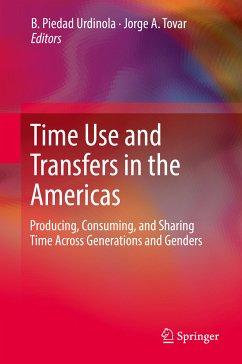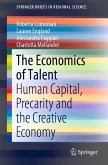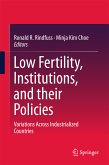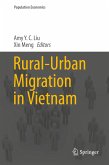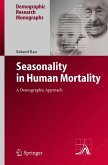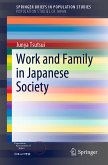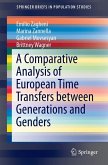This book provides a comparison of the measurement in time and monetary units of unpaid domestic work in Colombia, Costa Rica, Uruguay, and the Hispanic ethnicity in the United States. A standardized technique allows the development of comparable estimates across countries per age and gender which reveal specific behavioral patterns over the life cycle. A mixture of economic conditions, social norms, and demographic trends provide insightful explanations for the unequal burden that women and girls carry when dealing with unpaid domestic activities, an economically significant but traditionally neglected activity. As such, the book is of interested to practitioners in all social sciences, particularly sociologists, demographers, economists, and policymakers.
Dieser Download kann aus rechtlichen Gründen nur mit Rechnungsadresse in A, B, BG, CY, CZ, D, DK, EW, E, FIN, F, GR, HR, H, IRL, I, LT, L, LR, M, NL, PL, P, R, S, SLO, SK ausgeliefert werden.

